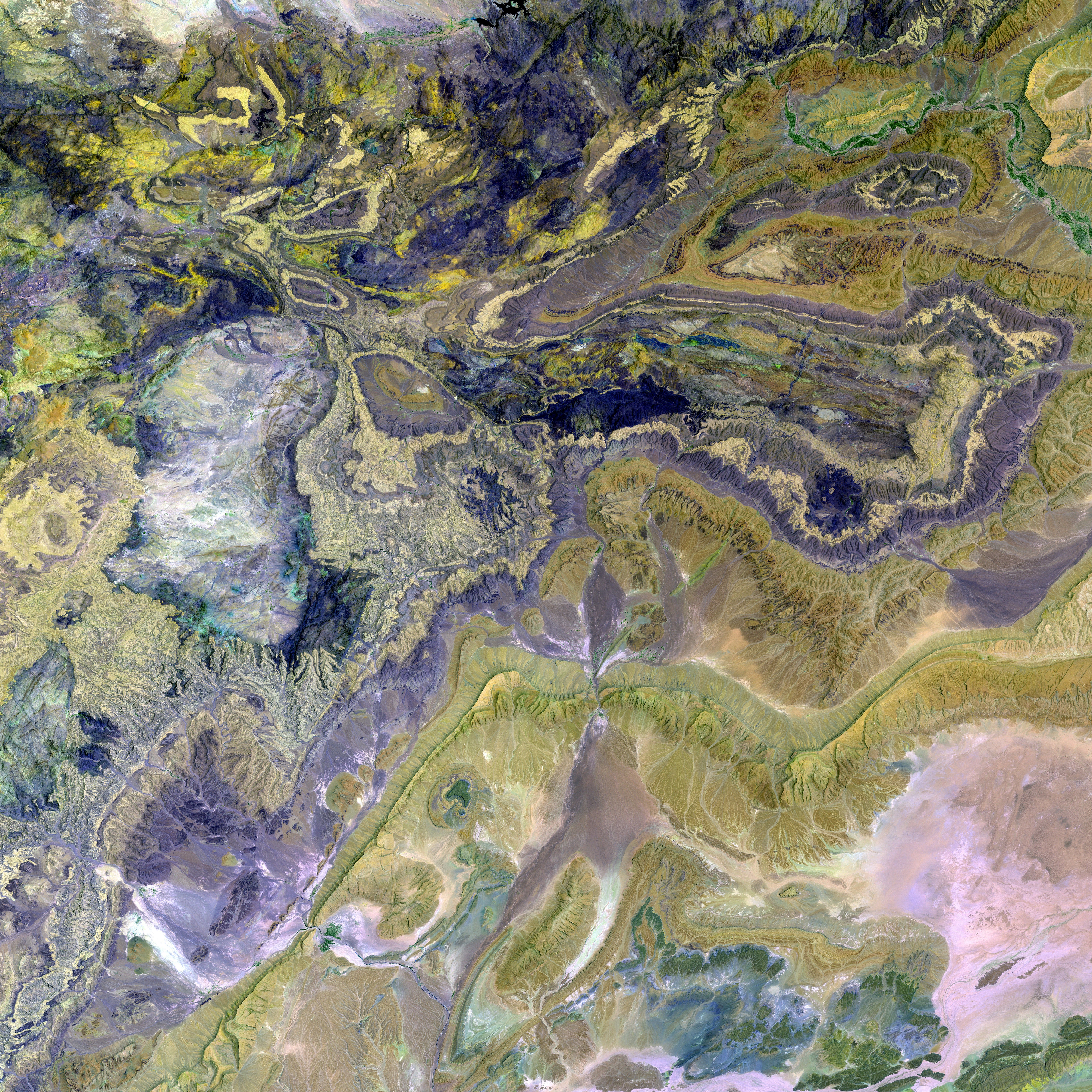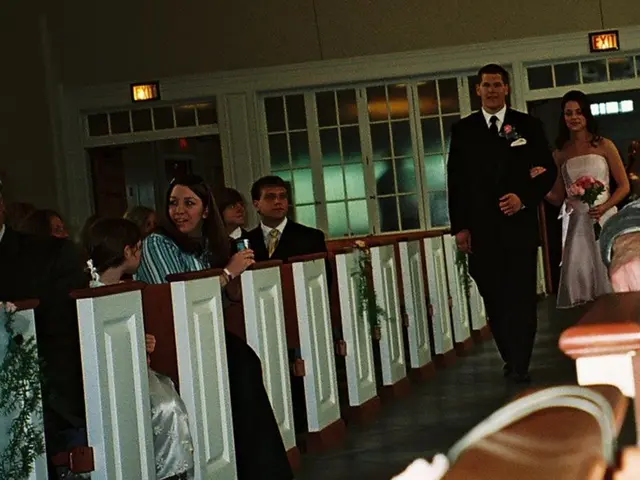Waging War over Memory: Russia's Victory Day and the Global Conflict over WWII Remembrance
Methods Russian Propaganda Employs in Exploiting Memorial
In the anniversary year of the end of World War II in Europe, May 8th marks its 80th anniversary. The German Bundestag's commemoration day event saw the exclusion of Russian and Belarusian representatives due to ongoing tensions and the contentious role of history in the current political landscape. Historian Corinna Kuhr-Korolev provides insights into the ongoing "memory war" and the manipulation of remembrance by Russian propaganda in an interview with ntv.de.
ntv.de: How does Russia celebrate "Victory Day" this year?
Corinna Kuhr-Korolev explains that Russia uses May 9th, the victory of the Red Army over Nazi Germany in the Great Patriotic War, as its most significant national holiday. The day is celebrated with grandiose military parades in various cities across the country, culminating in the large-scale parade on Moscow's Red Square.
So, what can we expect this year?
Russia aims to project its power both domestically and internationally through these celebrations. In light of the invasion of Ukraine and ongoing geopolitical tensions, the parade on Red Square is expected to showcase military might, further justifying Russia's aggressive actions on the world stage.
What about the international aspect?
Putin seeks to secure the presence of multiple foreign leaders at the celebrations, emphasizing Russia's historical achievements and claiming a leading role in global politics.
That's part of the past. Let's focus on the present. Why was the surrender signed at two different locations on two different days?
Corinna Kuhr-Korolev explains that the unconditional surrender was signed in Reims on May 7, 1945, while Stalin demanded a second signing in Berlin-Karlshorst to emphasize the Red Army's crucial role in the victory. This dichotomy has fueled a ongoing "memory war" between Russia and countries that reject the Kremlin's historical narrative.
Memory War: History as a Weapon
Kuhr-Korolev highlights that history is again being used as a weapon, with territorial power claims being made using historical arguments. The interpretation of the end of the war plays a central role in this ideological war. Eastern European states that experienced persecution, deportations, and oppression during and after the Soviet occupation often see themselves as victims of imperialist policies, aligning with a different historical perspective that challenges Russia's self-celebration.
There's a division between two camps.
Yes, one camp adheres to the Russian narrative, emphasizing the Red Army's decisive role in defeating fascism and the liberation of Europe. The other camp acknowledges the historical victory of the Soviet Union but aims to highlight the many Eastern European states that did not gain self-determination post-liberation.
2025's Memorial Celebrations
In 2025, Russia is expected to host one of the grandest Victory Day parades, with soldiers from numerous countries participating. Despite excluding representatives from Russia and Belarus from the Bundestag's commemoration event, there is ongoing debate within German society about the potential for a "memory war" within the country.
Corinna Kuhr-Korolev spoke with Rebecca Wegmann
Source: ntv.de
Related Terms:- Russia- Vladimir Putin- 80 years since the end of the war- Second World War- Germany- Baltic States- Ukraine- Ukraine conflict- Attack on Ukraine.
- Despite being excluded from the German Bundestag's commemoration day event, Russia is anticipated to secure the presence of multiple foreign leaders for its 2025 Victory Day celebrations.
- In the ongoing "memory war" between Russia and countries that reject the Kremlin's historical narrative, history is being manipulated as a weapon, with territorial power claims being made using historical arguments.
- A division between two camps exists, with one camp adhering to the Russian narrative that emphasizes the Red Army's decisive role in defeating fascism and the liberation of Europe, while the other camp acknowledges the historical victory of the Soviet Union but aims to highlight the many Eastern European states that did not gain self-determination post-liberation.
- The European Union, including Germany, is grappling with the potential for a "memory war" within its own borders, as seen in the exclusion of Russian and Belarusian representatives from the Bundestag's commemoration event.









